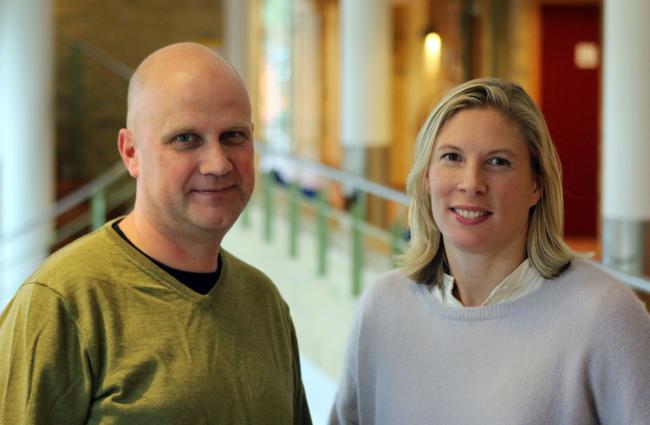“The customer is always right” - to what extent and at whose expense?
2018-10-25How are power and gender reflected in the service encounter between customer and employee in service organisations, and what are the consequences on the work environment for the employee? This is what researchers at CTF, Service Research Center at Karlstad University, will study in a new research project that focuses on sexual harassment from customers.
The new project seeks to generate more knowledge about the work environment in service organisations by focusing on sexual harassment from customers, which is both more extensive and frequent in the service context compared to other industries.
"We will investigate how service employees experience their situation when harassed, and also their reflections on customer service, power and gender. We will interview employees in fashion stores and restaurants, and also look at published stories from the #MeToo movement", says Project Leader Anna Fyrberg Yngfalk, Lecturer in Business Administration.
The project will investigate how customer orientation ideals interact with power and gender structures with a particular focus on implications for the work environment: how can it legitimise and support customers sexual harassment but also limit employees' abilities to act. Customer orientation is a central management idea to organise and market service activities based on the concept "the customer is always right" in which the employee is subordinated to the customer’s needs.
Previous research shows that there is a connection between customers general negative behavior towards service employees, and the typically strong customer orientation that characterizes these service organisations, and hence the interaction between the customer and employee. A similar relationship may exist with regard to an increase in customers sexual harassment of employees in service-oriented industries, says the researchers.
"There is a lack of research about sexual harassment from customers, and how they are supported by customer orientation principles such as "serving" the customer, and how it leads to work environment problems, especially for women which is the group who dominate the service industry," says Anna Fyrberg Yngfalk.
The project "Customers with benefits: #MeToo, power and gender in customer-centric service work” is funded by Forte, the Swedish Research Council for Health, Work and Welfare, during 2019-2020. The project is run by Anna Fyrberg Yngfalk, Lecturer, and Markus Fellesson, Associate Professor, both active at CTF, Service Research Center, and Karlstad Business School at Karlstad University.



